Prime Minister Pham Minh Chinh met and worked with leading Japanese corporations and enterprises on cooperation in developing semiconductor chips and the accompanying ecosystem - Photo: VGP/Nhat Bac
The program is organized by the Ministry of Planning and Investment in coordination with the Vietnamese Embassy in Japan.
At the meeting, corporations such as SBI Holdings, Renesas Electronics Corporation, Denso, Rapidus Corporation, and Tokyo Electron Limited presented directions and proposals for cooperation in developing semiconductor chips and ecosystems in Vietnam.
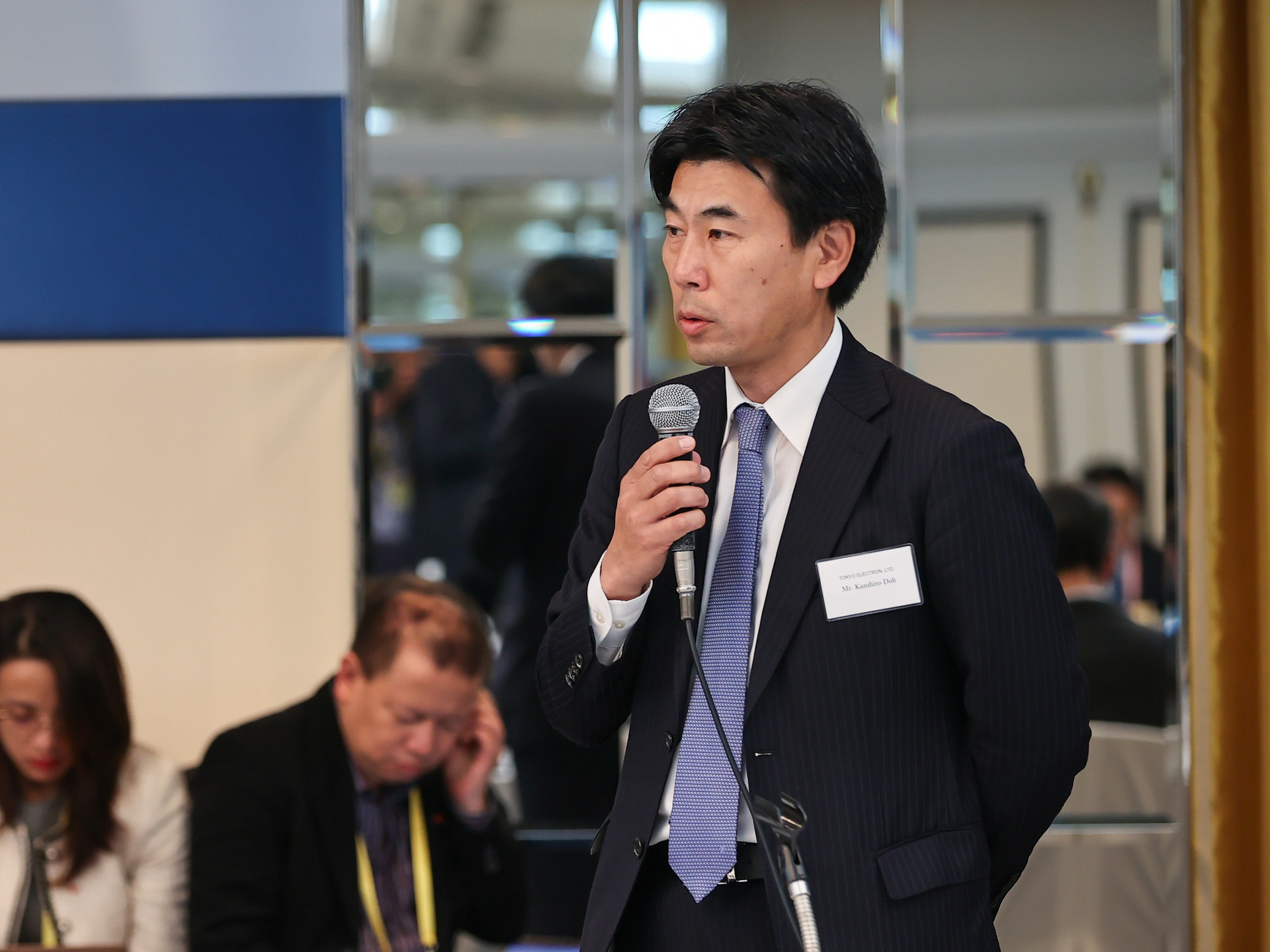
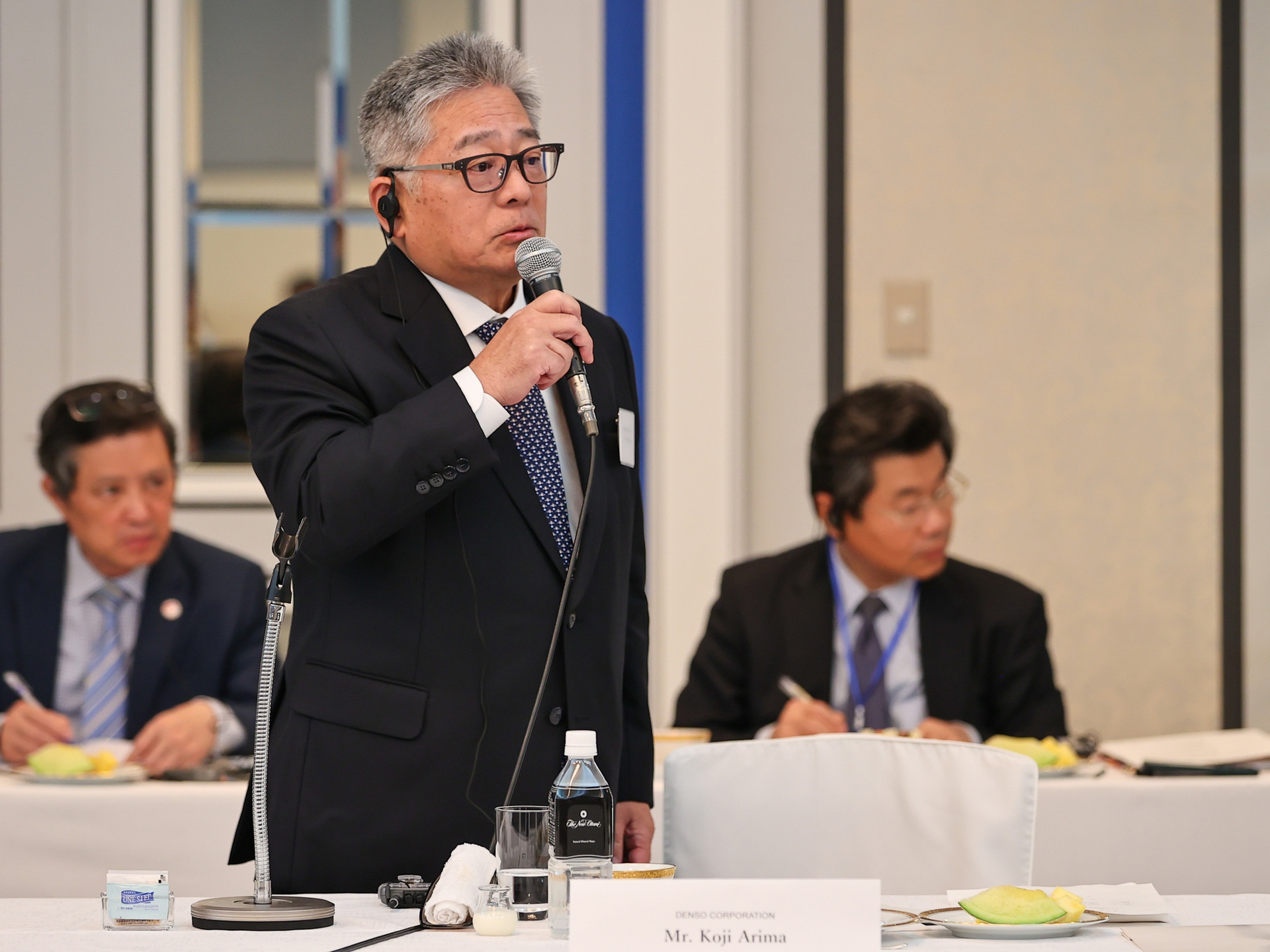
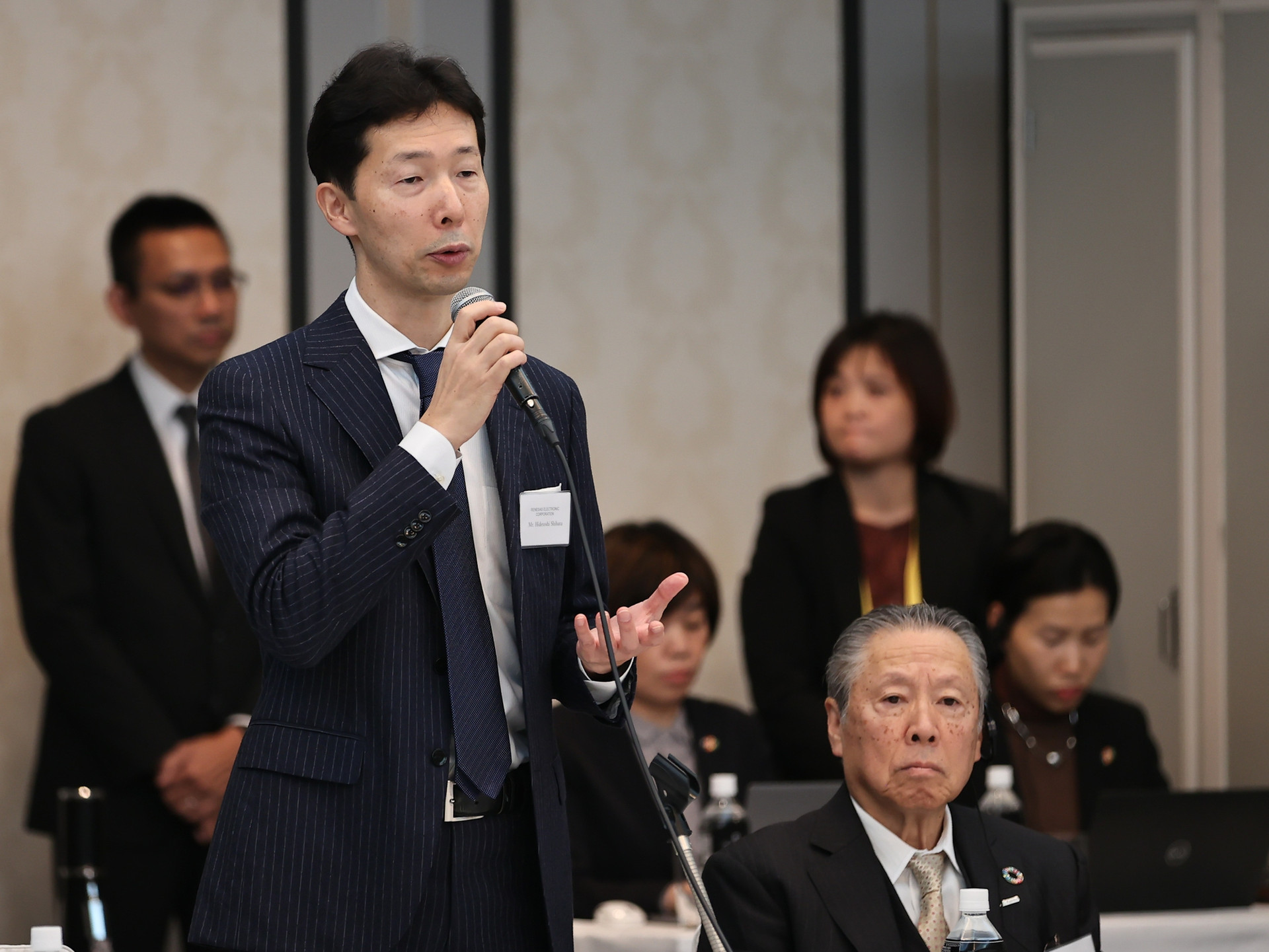
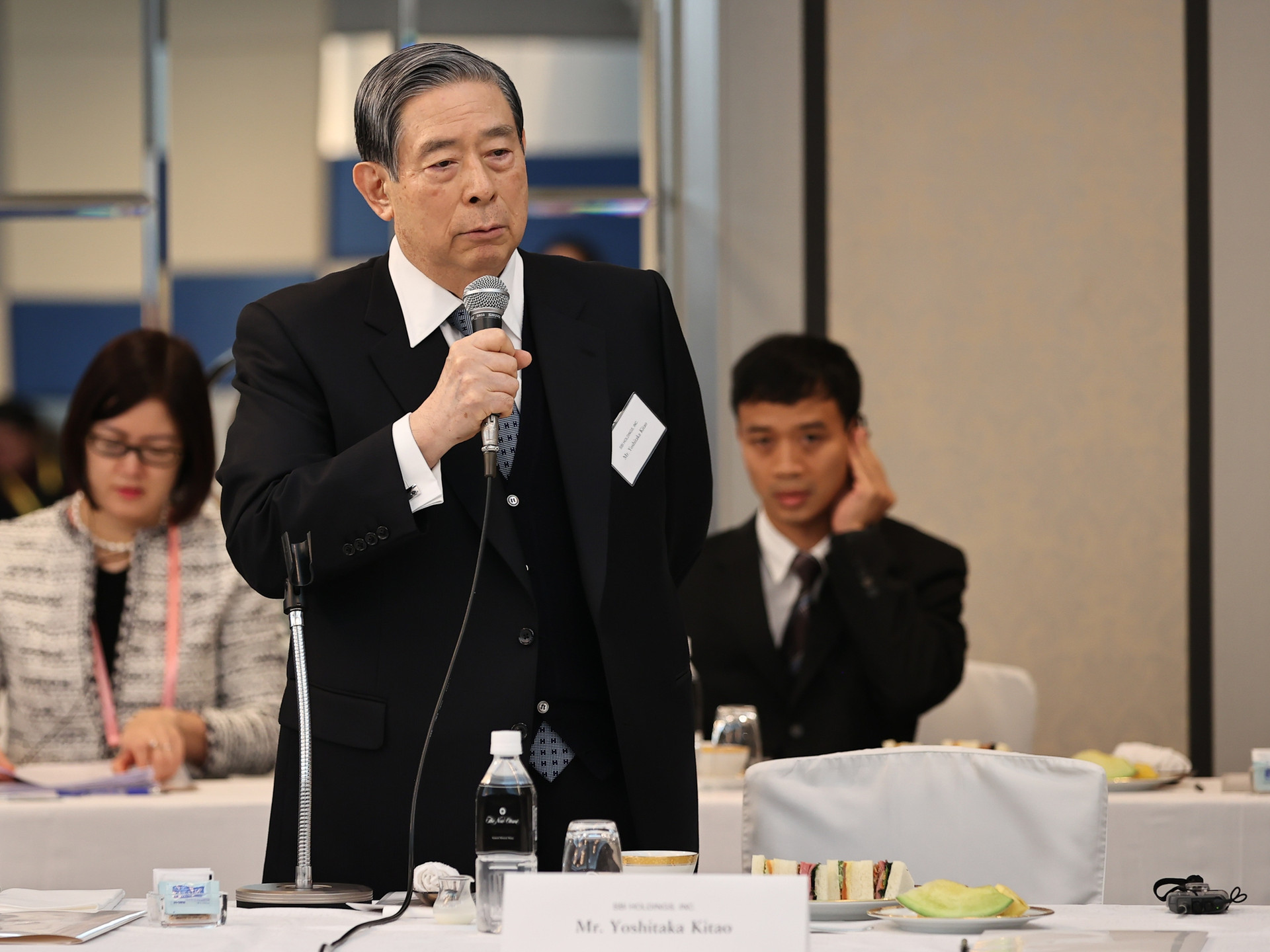
Representatives of the corporations highly appreciated Vietnam's potential as well as the cooperation potential of Vietnamese and Japanese partners in the semiconductor industry - Photo: VGP/Nhat Bac
The opinions highly appreciated the potential of Vietnam as well as the potential for cooperation between Vietnamese and Japanese partners in the semiconductor industry, artificial intelligence technology and other high-tech industries. This is an important field to continue to concretize and implement the Vietnam - Japan Comprehensive Strategic Partnership that has just been established.
The Prime Minister presented the fundamental factors of Vietnam's development, the guidelines, policies and strategies of the Party and State of Vietnam on a number of key areas - Photo: VGP/Nhat Bac
After listening to opinions, Prime Minister Pham Minh Chinh spent a lot of time presenting the fundamental factors of Vietnam's development, the guidelines, policies and strategies of the Party and State of Vietnam on a number of key areas (socio-economic development, industrialization, modernization, foreign affairs, national defense-security, culture).
Accordingly, Vietnam is focusing on building three fundamental elements: (1) Socialist democracy, promoting the will and strength of national unity, combined with the strength of the times; (2) Socialist rule of law state - a state of the people, by the people, for the people; (3) Socialist-oriented market economy (respecting objective laws but with State regulation when necessary).
Vietnam clearly identifies three strategic breakthroughs in terms of institutions, human resources, and infrastructure. At the same time, building an independent and self-reliant economy associated with proactive and active international integration, deeply, substantially, and effectively; considering promoting innovation, science and technology as an objective requirement, a strategic choice, and a top priority. Promoting digital transformation along with green transformation are two closely related trends, intimately and mutually influencing each other.
The Prime Minister emphasized the need to train and retrain the workforce in the information technology sector to become a high-quality human resource for the semiconductor sector - Photo: VGP/Nhat Bac
The Prime Minister emphasized that the development of the semiconductor industry requires a synchronous and modern socio-economic infrastructure system in general (such as transportation, healthcare, education, etc.), and at the same time, it is necessary to develop digital infrastructure.
Vietnam is also focusing on education and training to improve people's knowledge, train human resources, and nurture talents. Any field requires suitable human resources, especially the semiconductor industry, which requires high-quality human resources. Vietnam already has an abundant workforce in the information technology sector, and needs to train and retrain this workforce to become a high-quality human resource for the semiconductor sector.
The Prime Minister emphasized that in the development process in general and in the semiconductor sector in particular, Vietnam has determined that internal resources are fundamental, strategic, long-term, and decisive, while external resources are important and breakthrough. The Prime Minister gave an example that resources from Japan have helped Vietnam have many more large projects such as Nhat Tan Bridge (Hanoi), Bai Chay Bridge (Quang Ninh)...
According to the Prime Minister, establishing the "Comprehensive Strategic Partnership for Peace and Prosperity in Asia and the World" is an important foundation for Japanese enterprises to invest and do business in Vietnam. As Japanese Prime Minister Kishida Fumio once affirmed, the Vietnam - Japan relationship has no limits.
Prime Minister: Vietnam wants to develop the semiconductor industry in a breakthrough and stronger direction, playing a more important role in the global supply chain - Photo: VGP/Nhat Bac
The Prime Minister suggested that Japan, large Japanese enterprises and corporations in the semiconductor sector strengthen cooperation, investment and development of the semiconductor industry ecosystem in all three stages: design, construction of chip factories and packaging and testing. This will contribute to promoting and concretizing the Comprehensive Strategic Partnership for Peace and Prosperity in Asia and the World, which has just been established by Vietnam and Japan.
In particular, focusing on promoting technology transfer; contributing ideas to build and perfect mechanisms and policies; investing in infrastructure, building training facilities, research and development centers, design centers, developing semiconductor chip products and semiconductor engineer training programs in Vietnam; improving management capacity in a modern direction...
Japanese delegates attending the meeting - Photo: VGP/Nhat Bac
The Prime Minister emphasized that Vietnam wants to develop the semiconductor industry in a breakthrough and stronger direction, playing a more important role in the global supply chain. Vietnam will continue to have appropriate preferential policies for businesses and investors in this field in terms of tax, land, etc.
Vietnam always listens, shares, and removes difficulties and obstacles for businesses to develop, with the goal of open mechanisms and policies, smooth infrastructure development, and smart governance.
The Prime Minister took a souvenir photo at a meeting and working session with leading Japanese corporations and enterprises on cooperation in developing semiconductor chips and the accompanying ecosystem - Photo: VGP/Nhat Bac
The Prime Minister emphasized that Vietnam is and will continue to ensure fundamental factors, maintain a peaceful and stable environment, firmly protect independence, sovereignty, territorial integrity, political stability, social order and safety, maintain macroeconomic stability, ensure major balances, so that businesses and corporations can feel secure in investing in Vietnam and "if they do not invest, they can feel secure when coming to Vietnam".
"It can be said that Vietnam is a safe haven during the storm," the Prime Minister told delegates. He added that so far in 2023, Vietnam has attracted about 30 billion USD in registered FDI capital and has disbursed about 20 billion USD.
The Prime Minister reiterated the message of "from heart to heart" of the late Japanese Prime Minister Takeo Fukuda when announcing the basic principles of Japan's foreign policy towards ASEAN nearly half a century ago. "From heart to heart" is also Vietnam's viewpoint when building and developing an advanced culture imbued with national identity, as well as in relations with international friends and partners.
"We are not working machines, but must always take people as the center, the subject, the goal, the driving force, and the resource for development," the Prime Minister shared.
Source


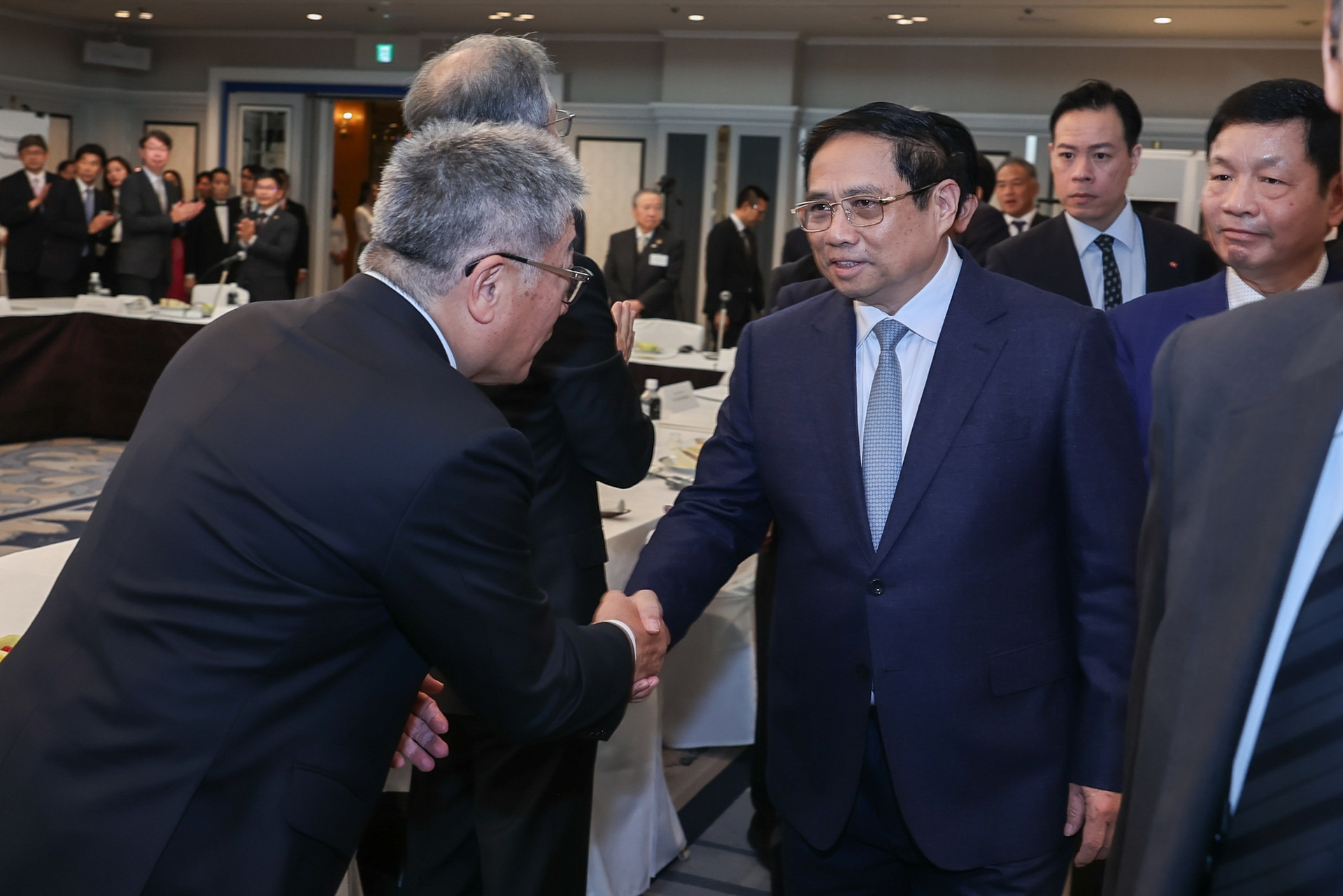
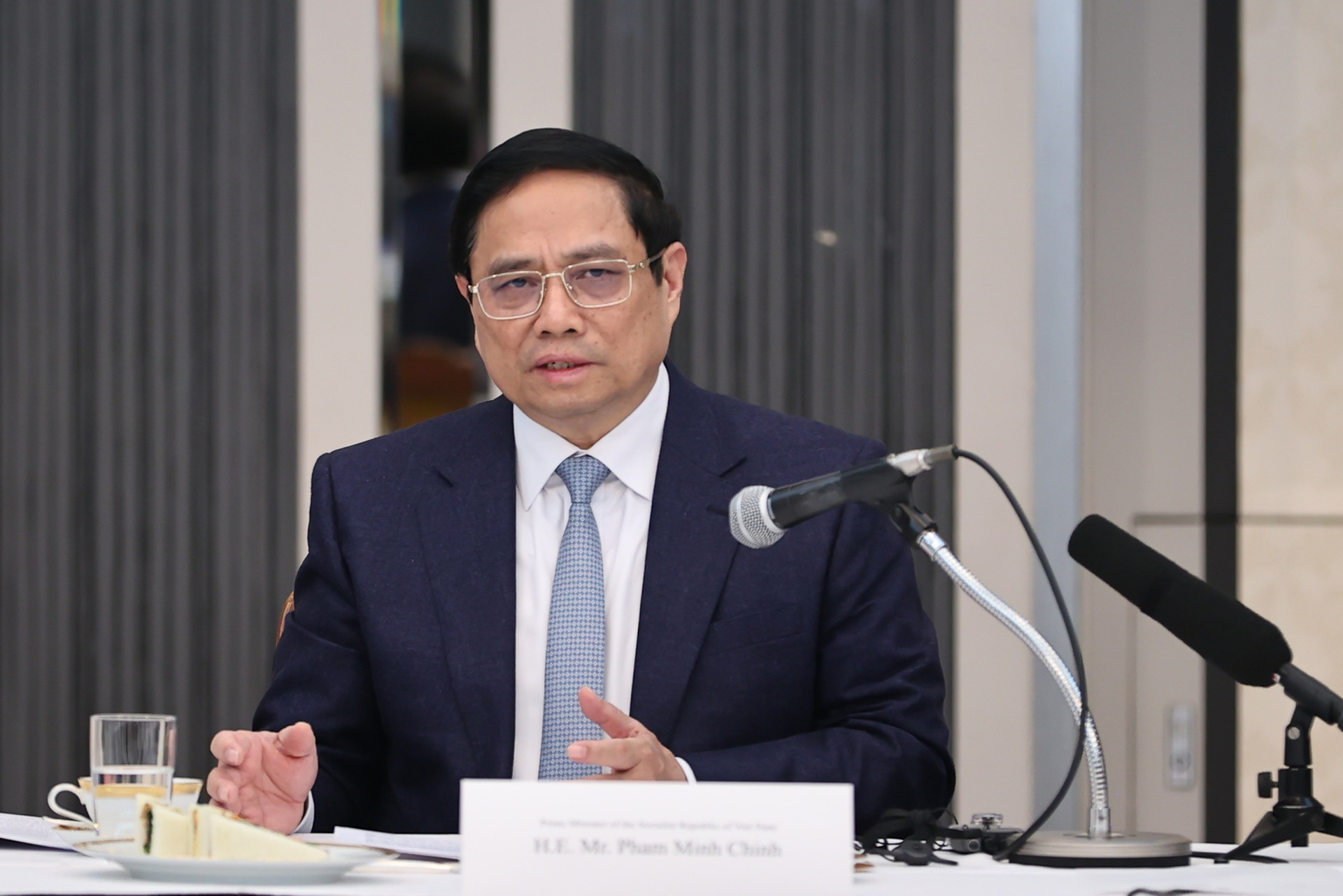
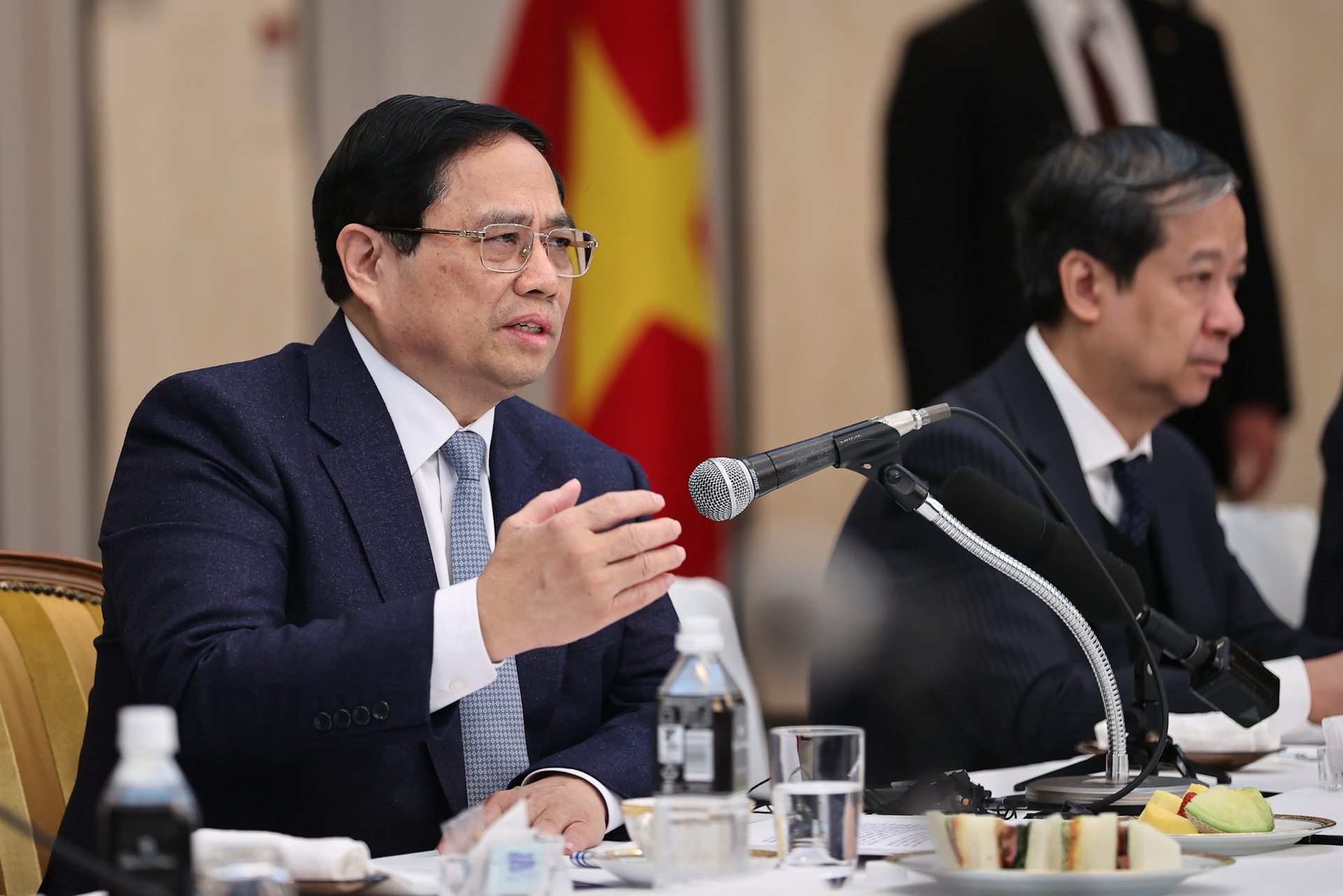
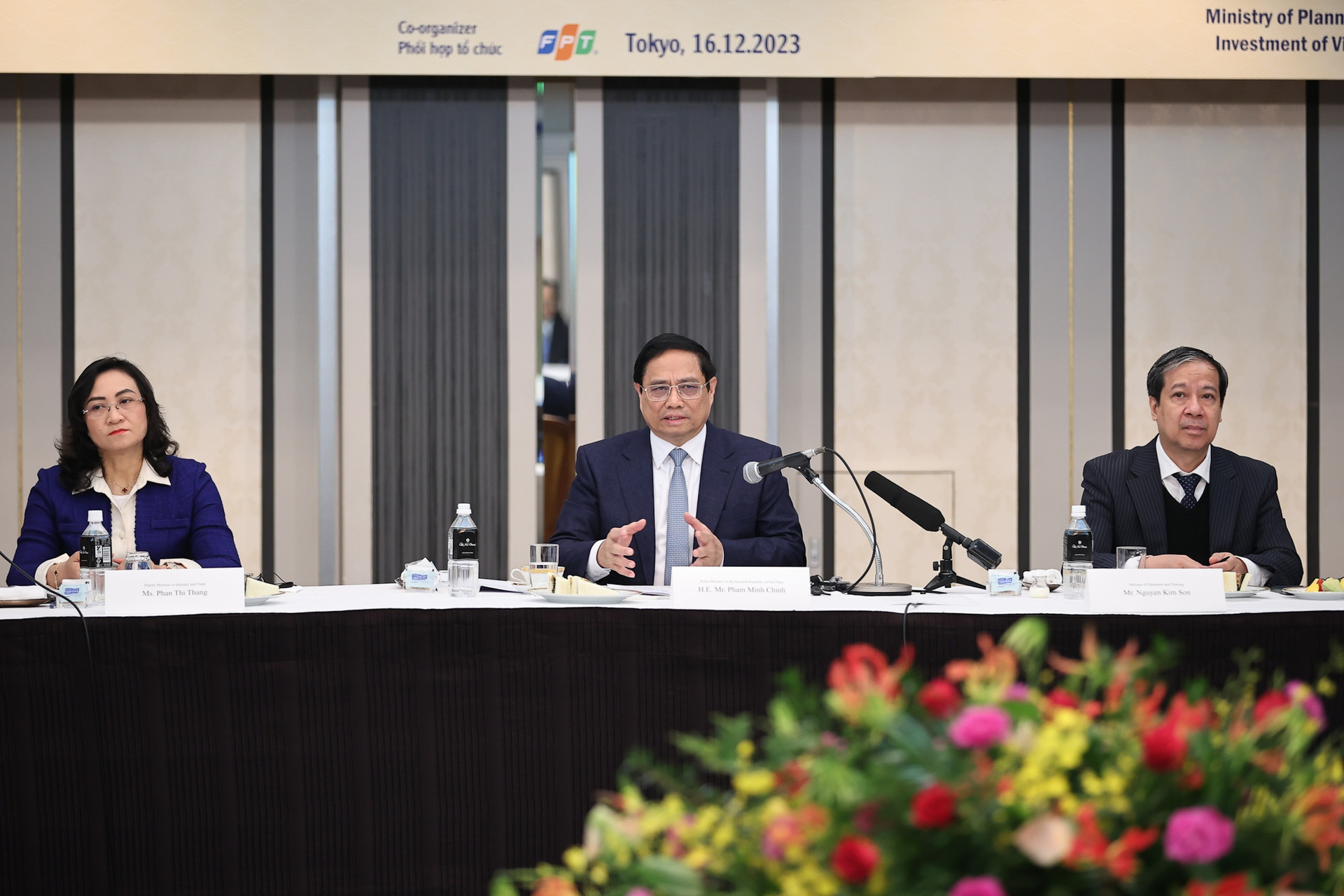
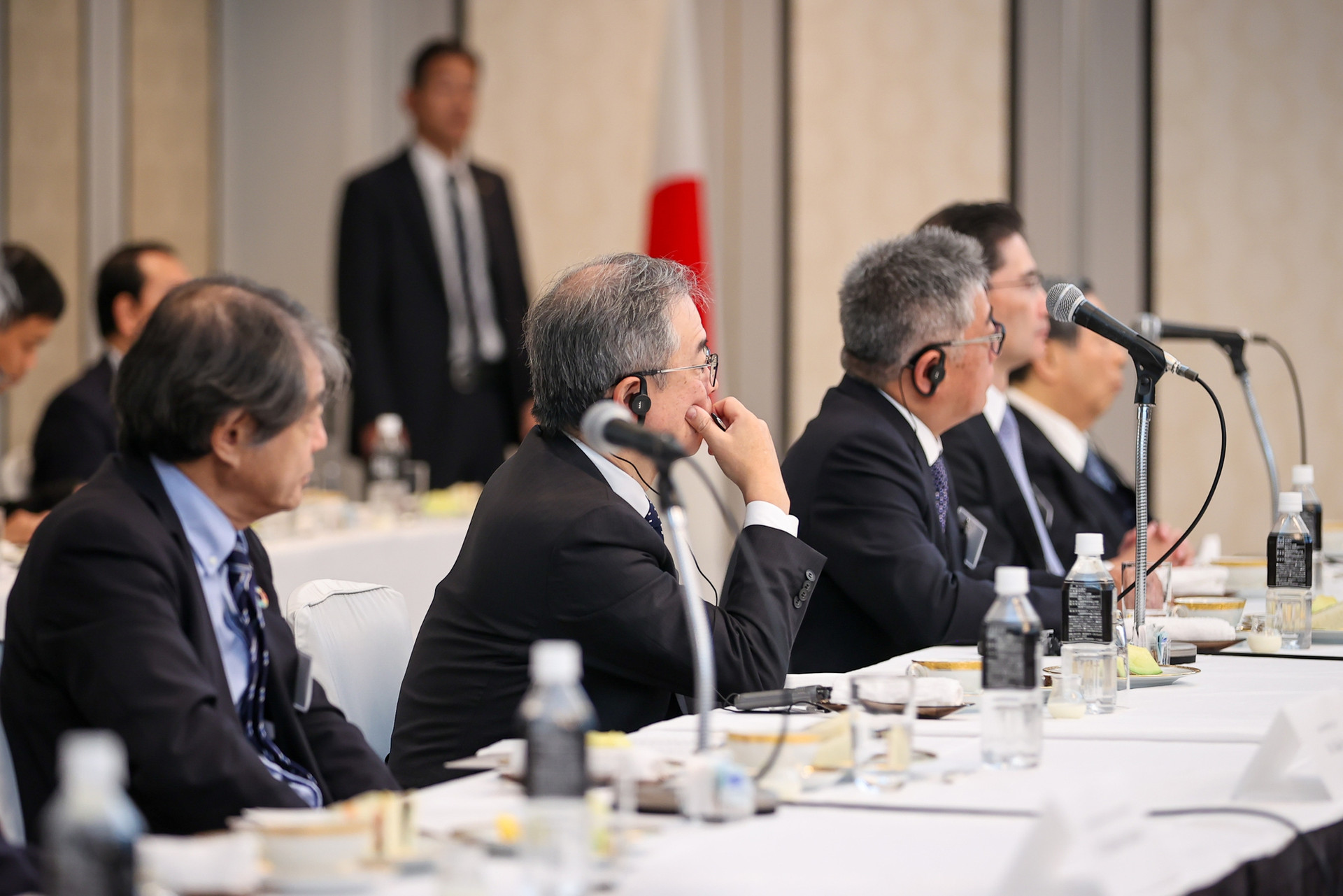
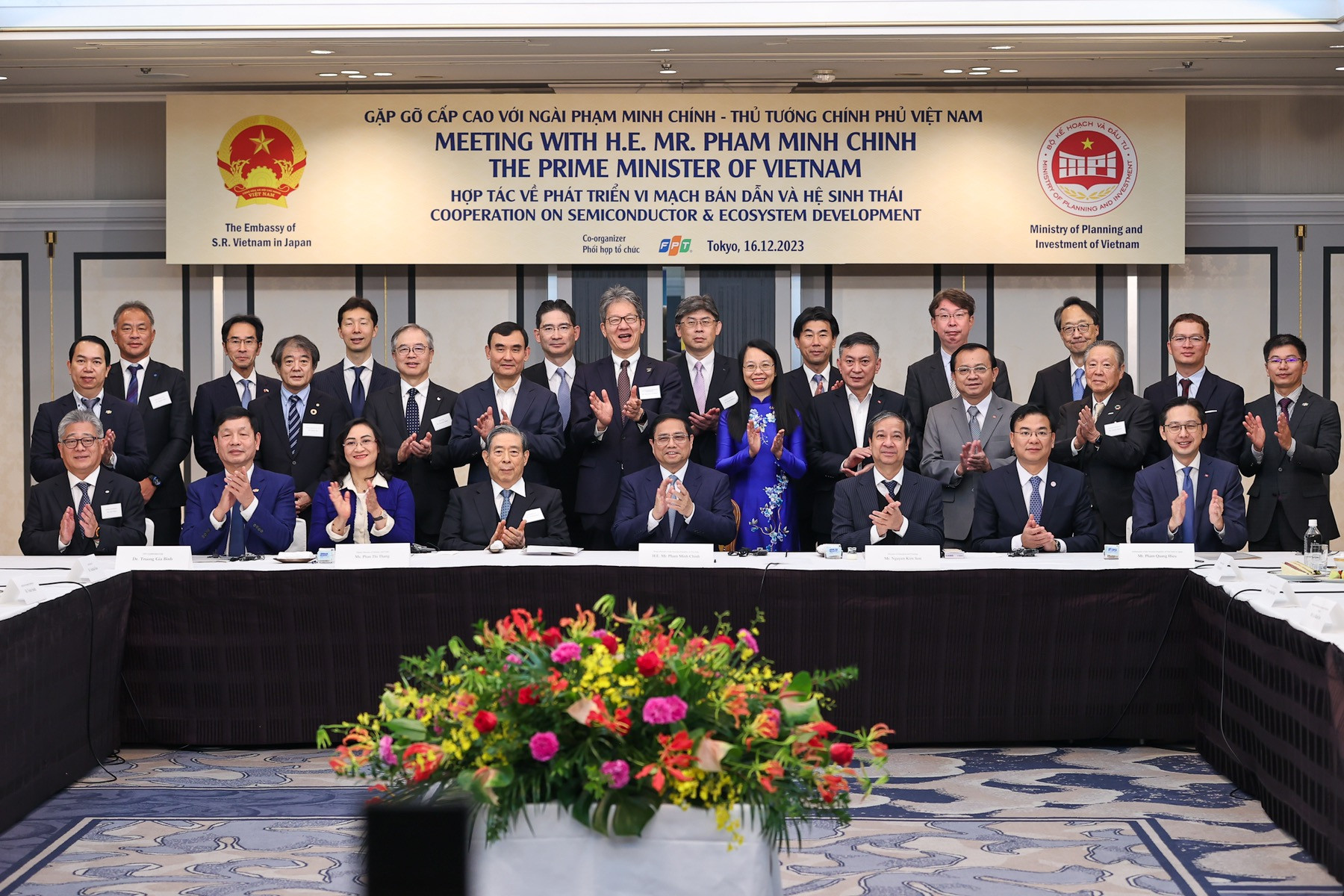




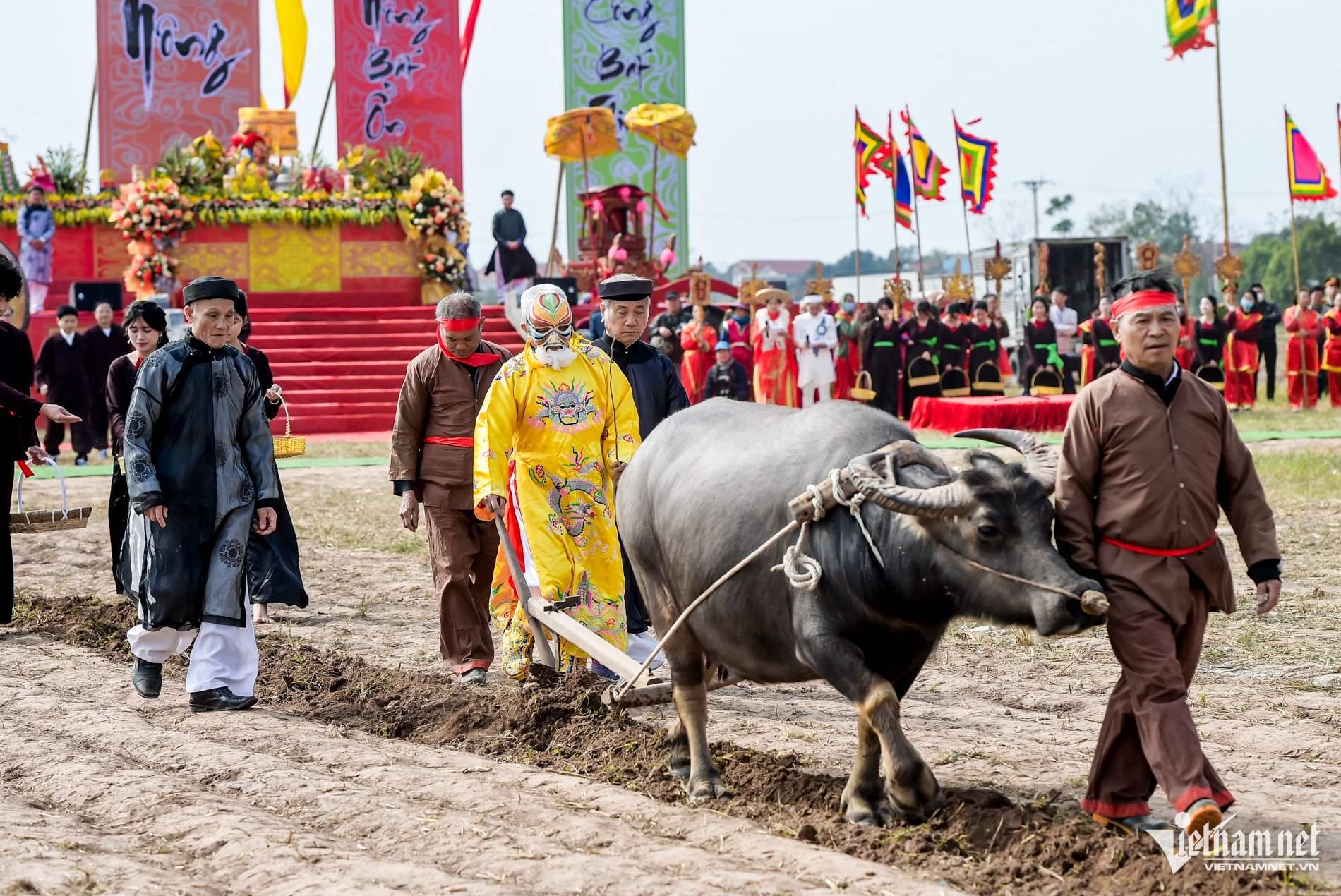



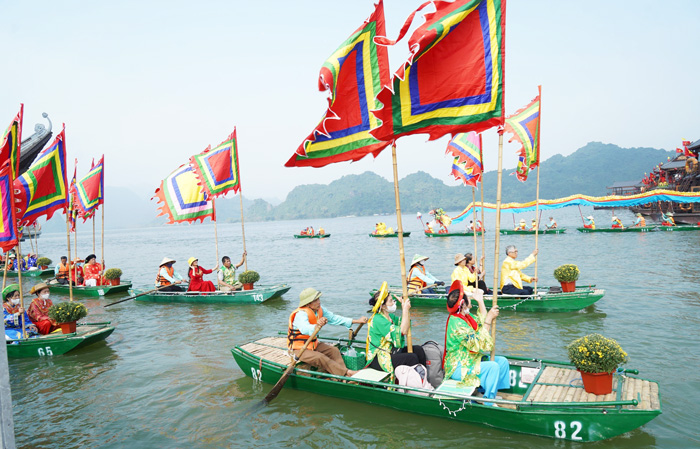



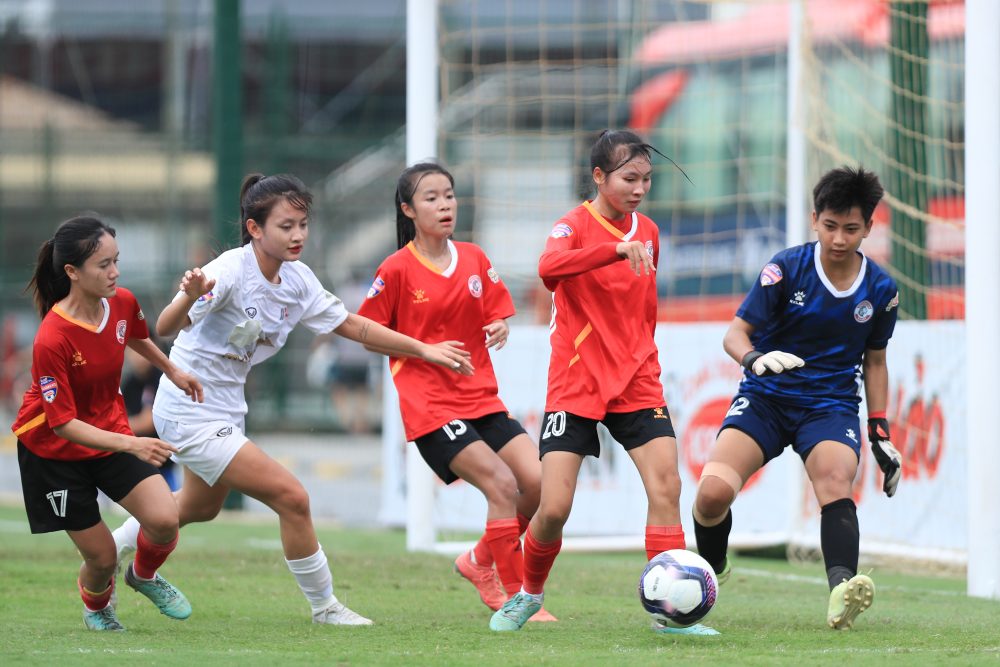
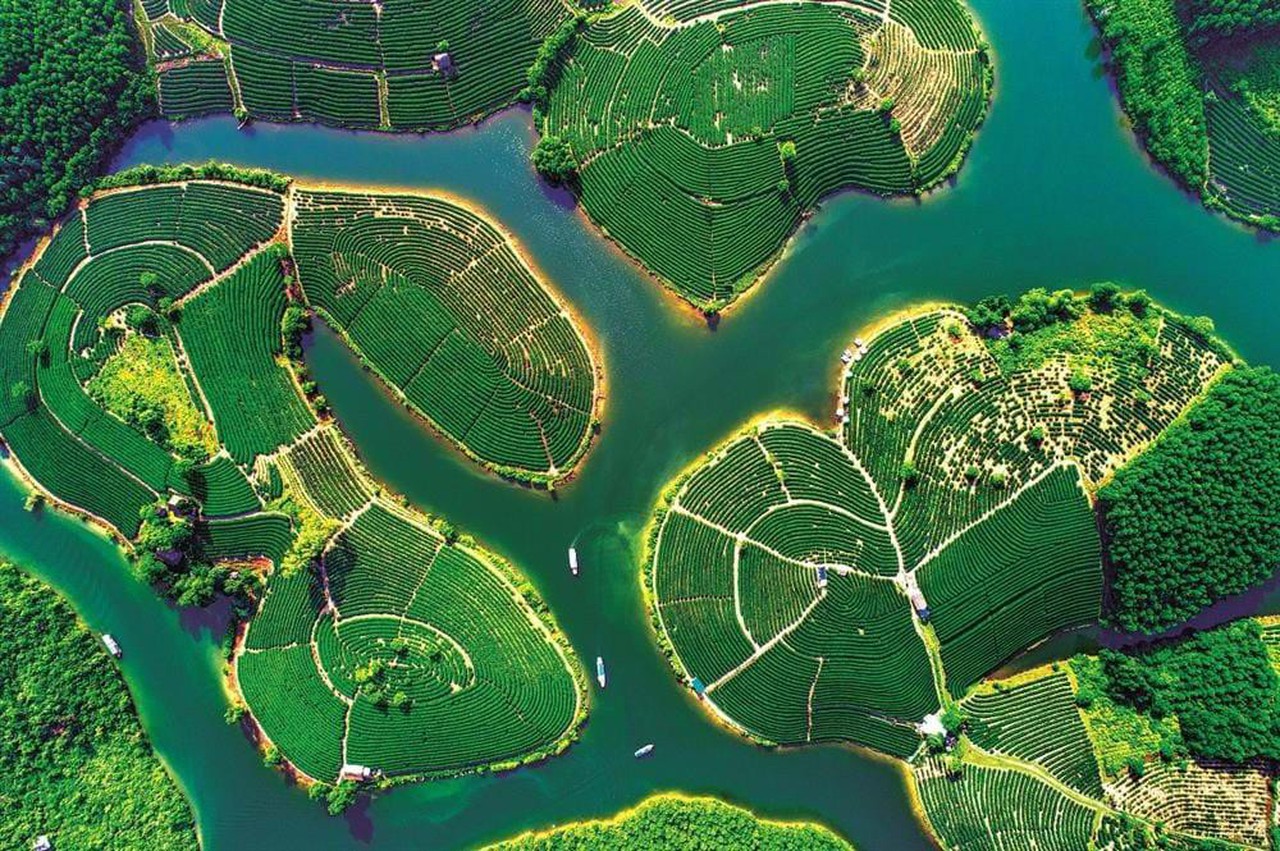

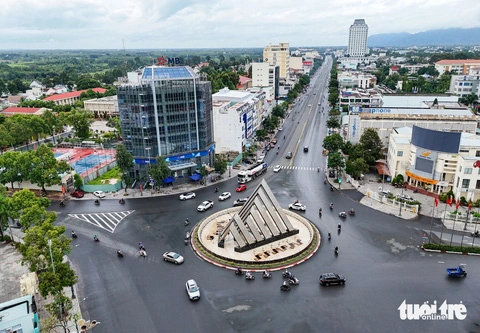
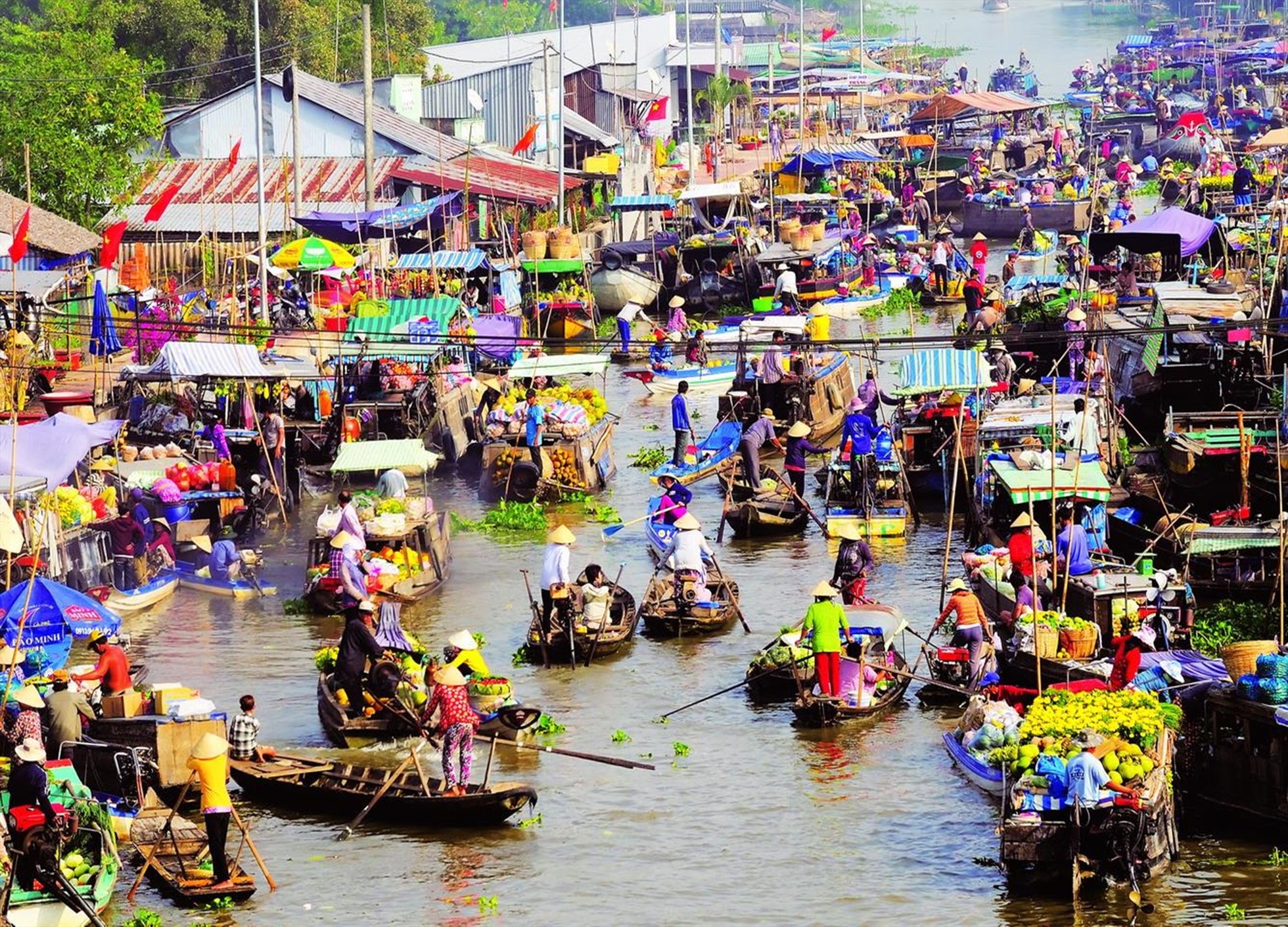





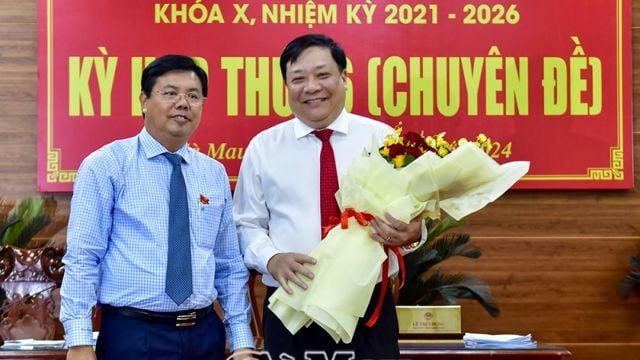

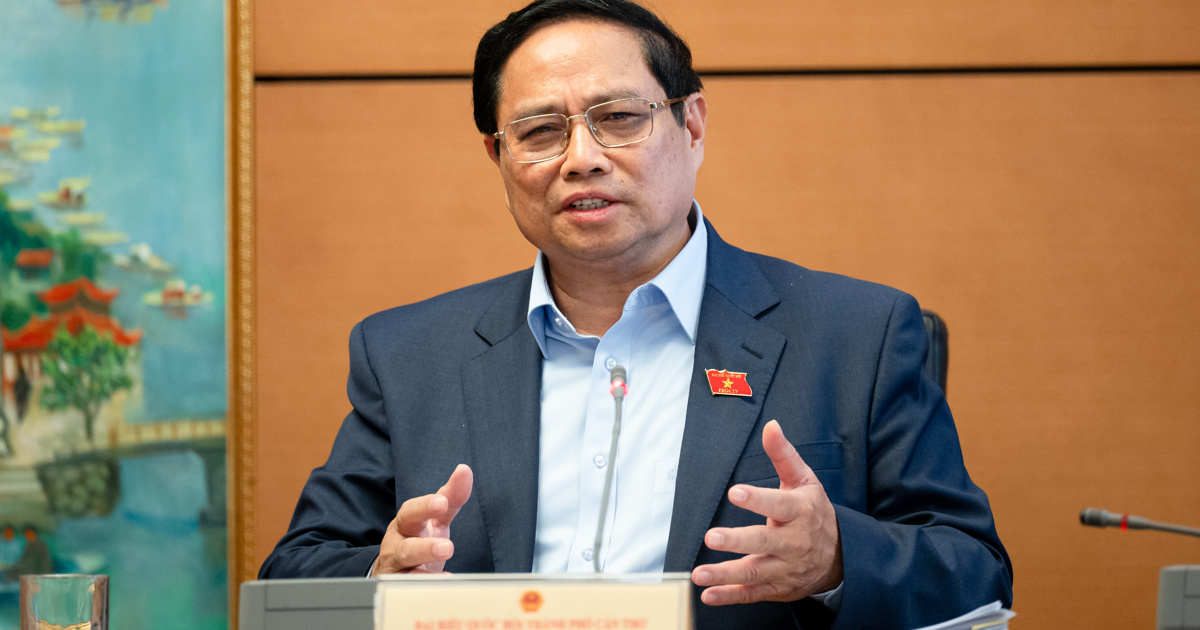
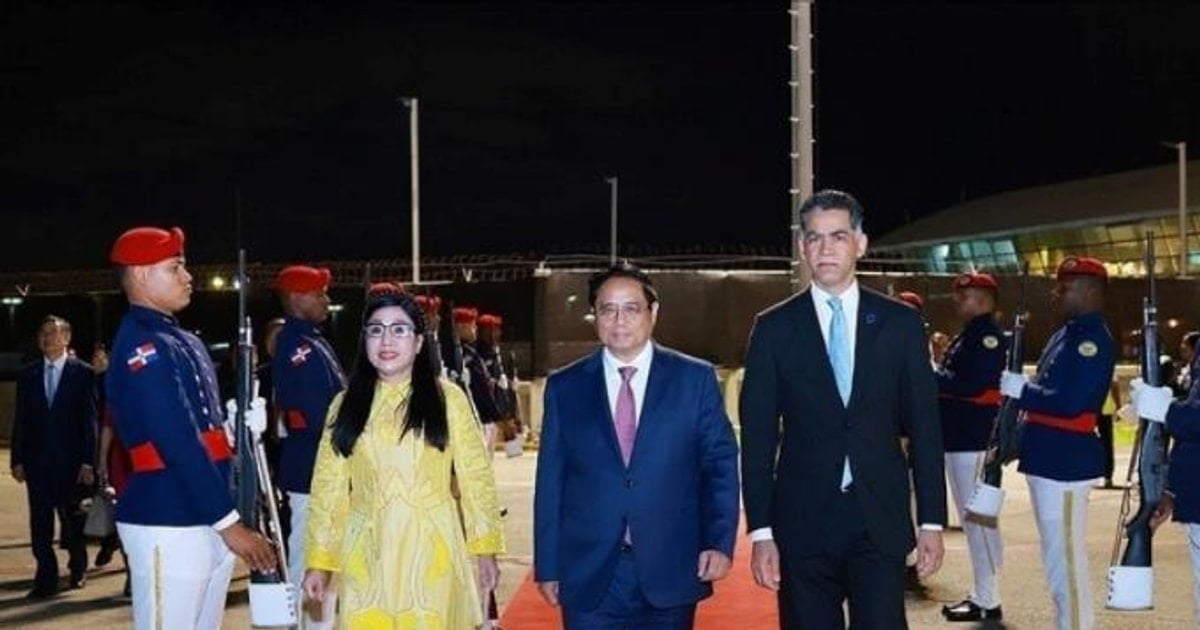

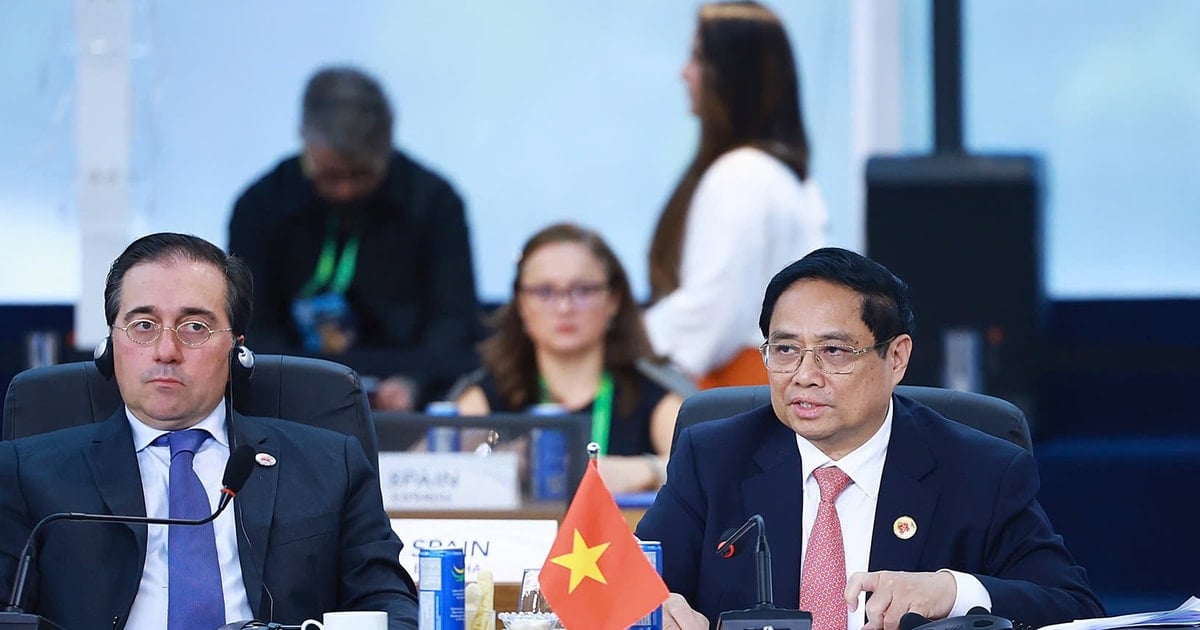
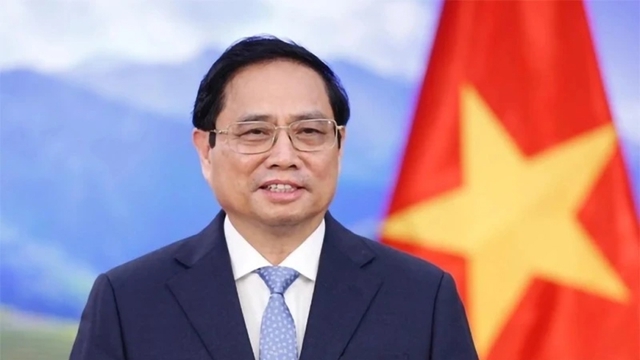
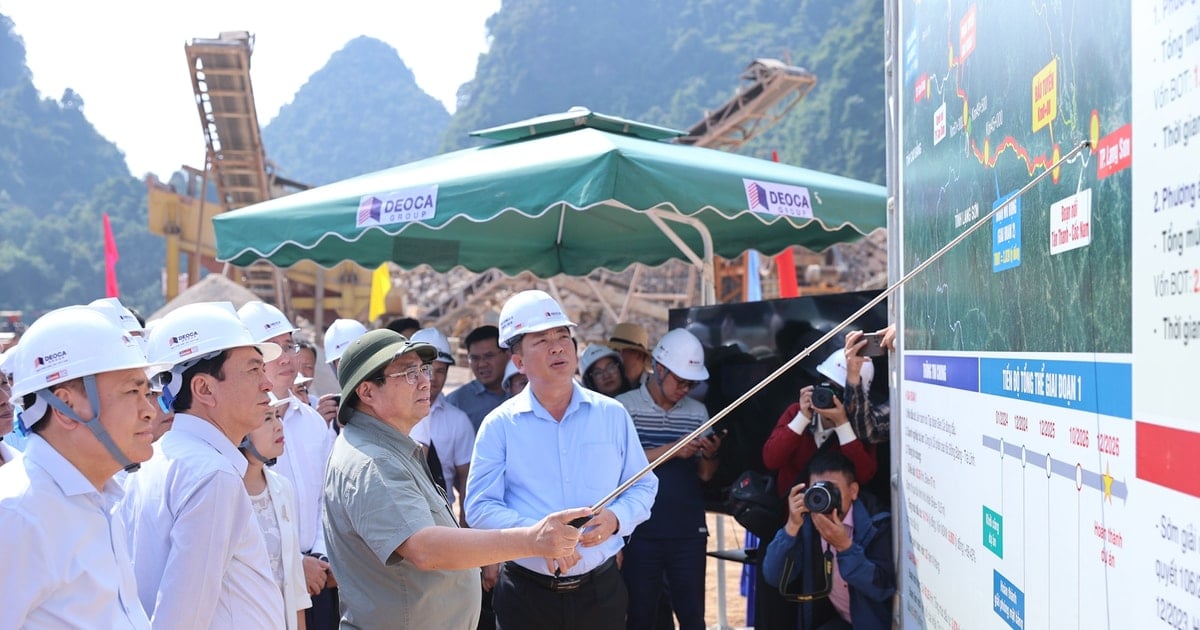
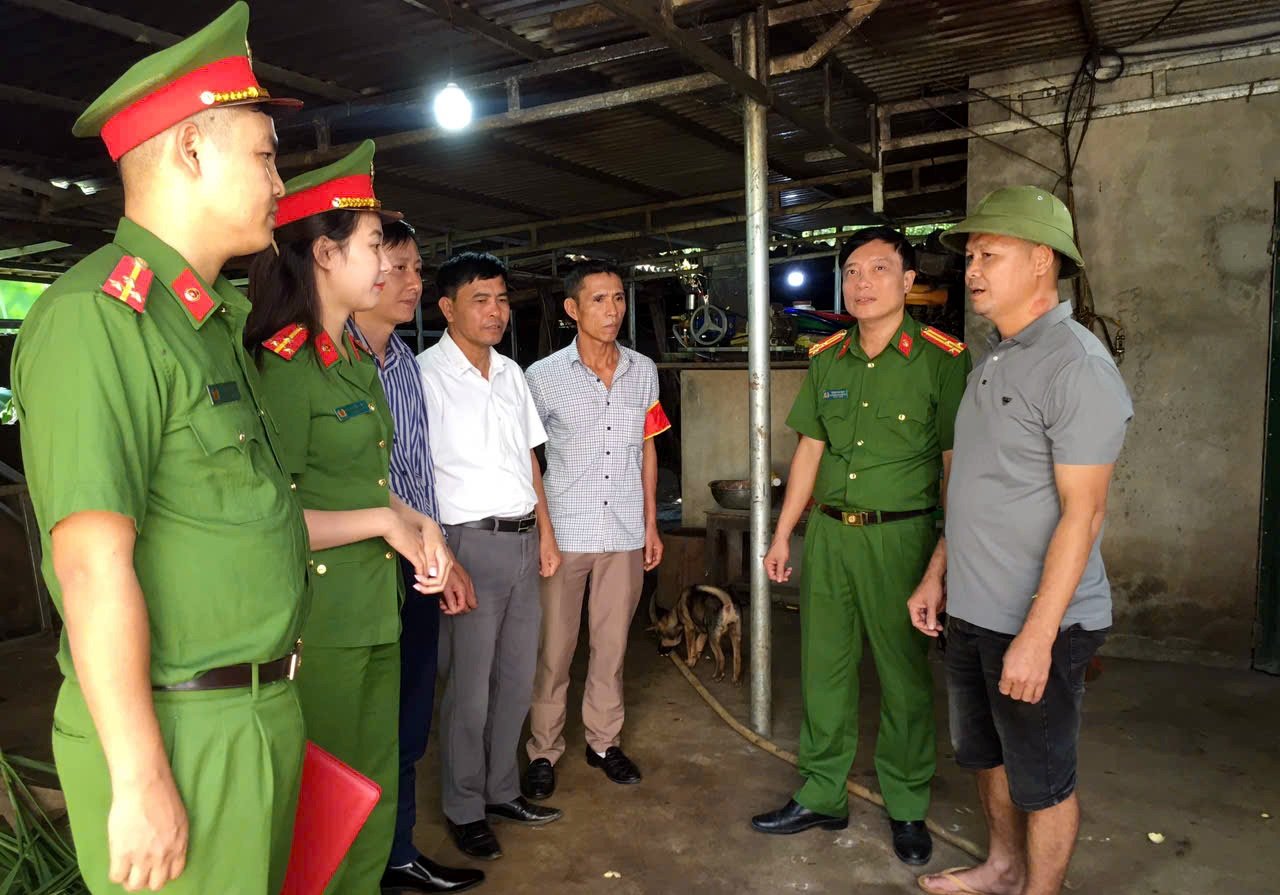



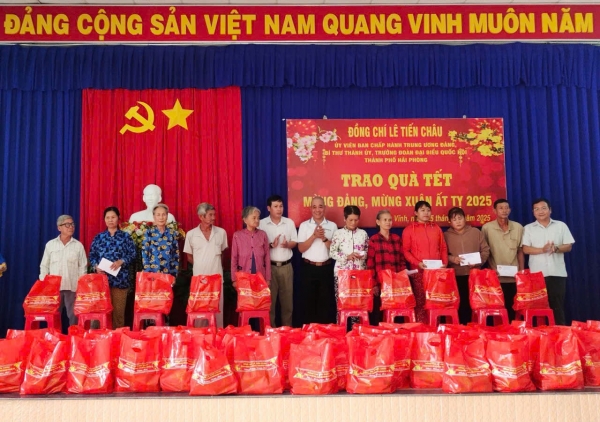


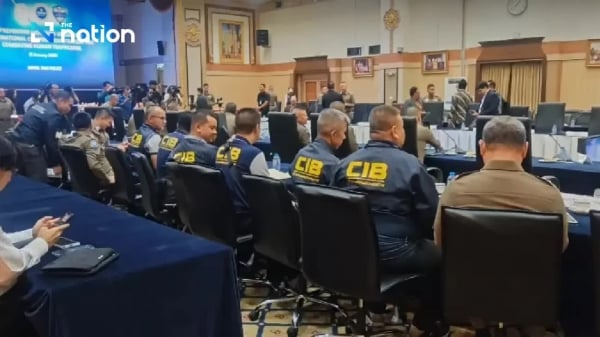
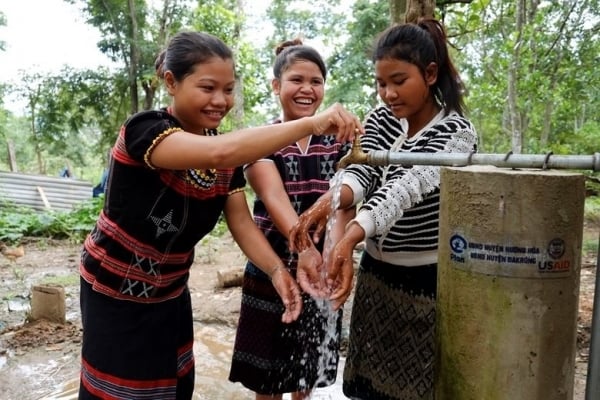
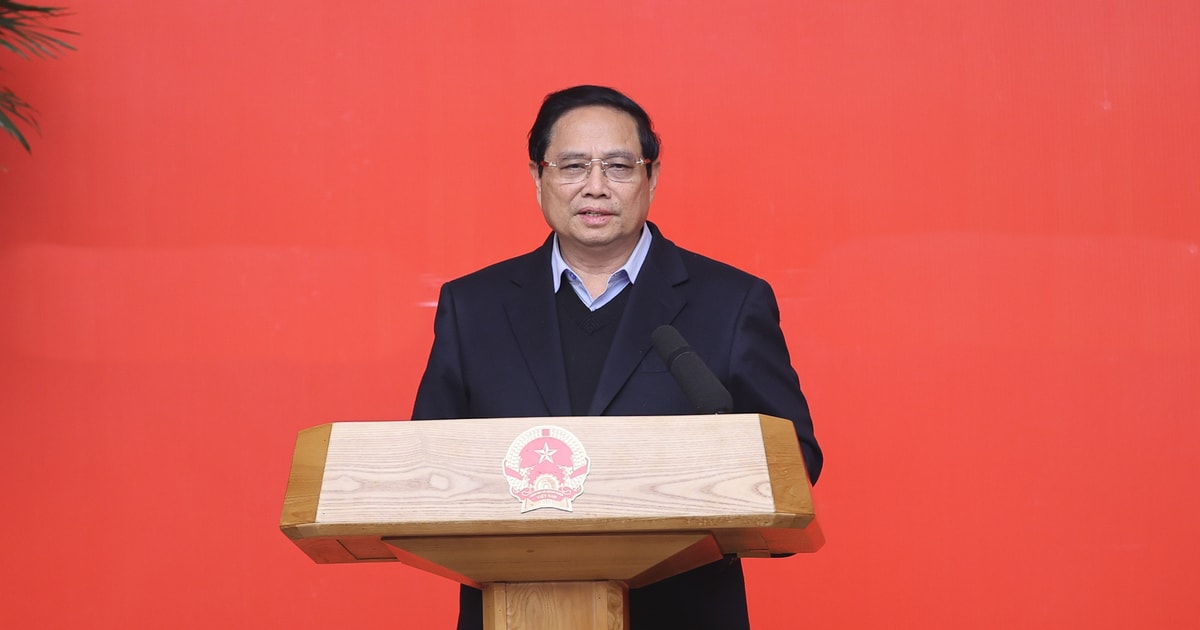
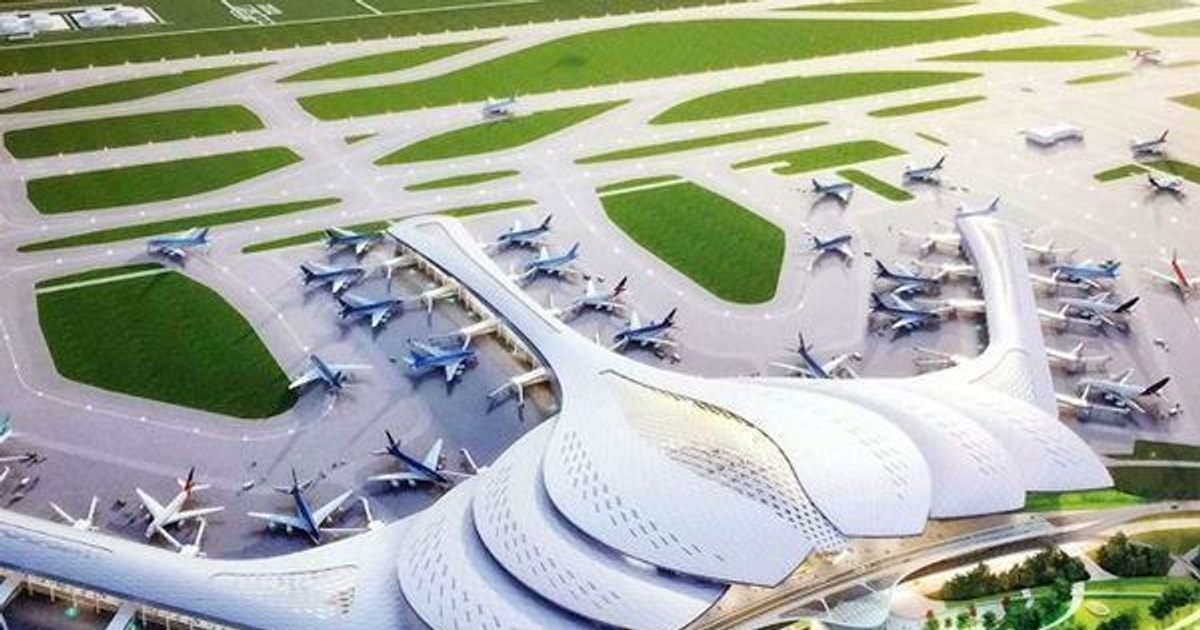
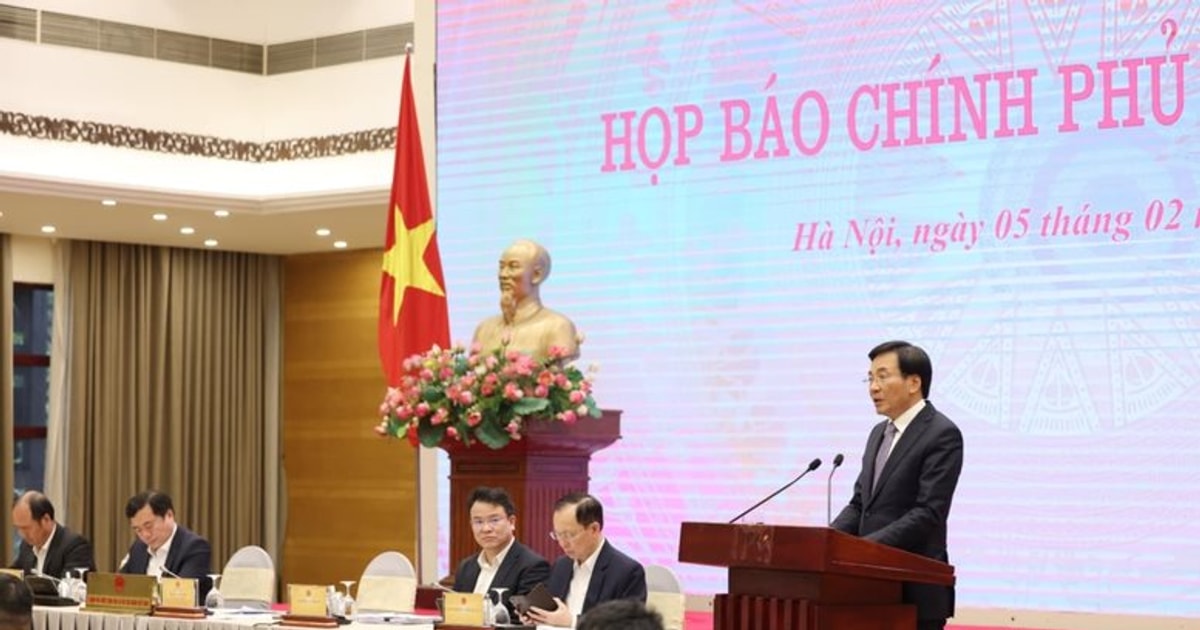
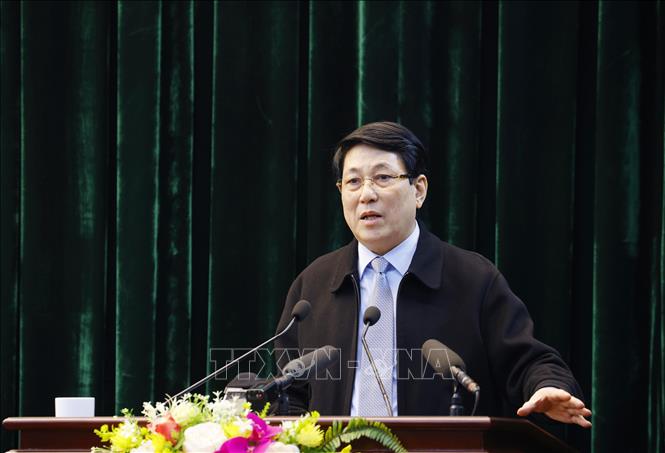
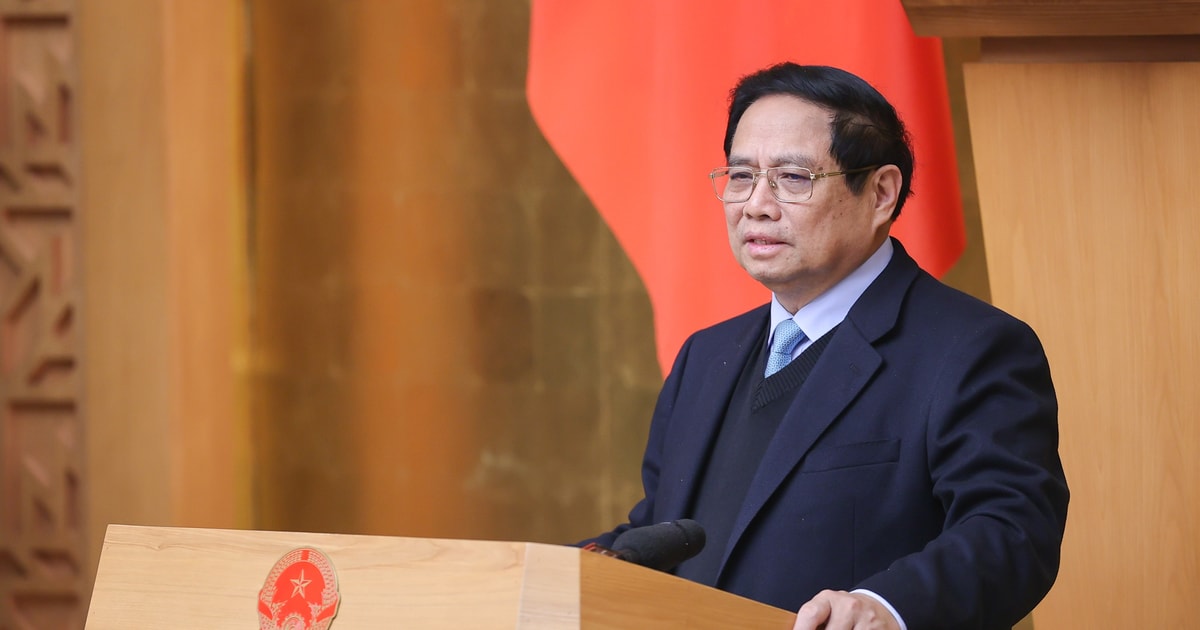
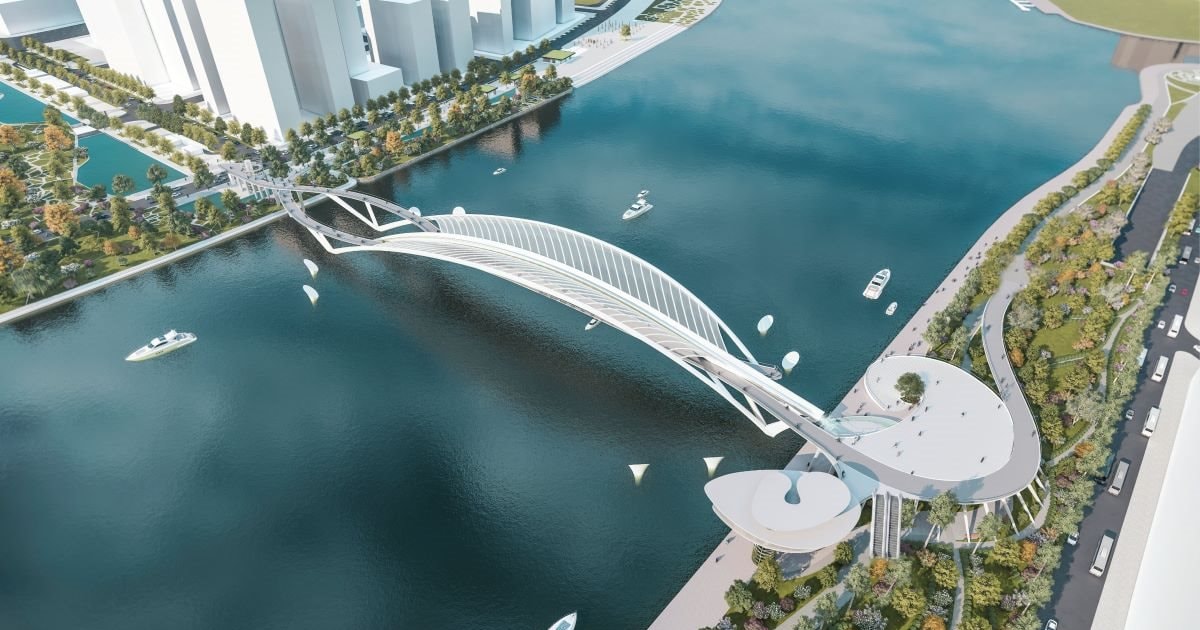
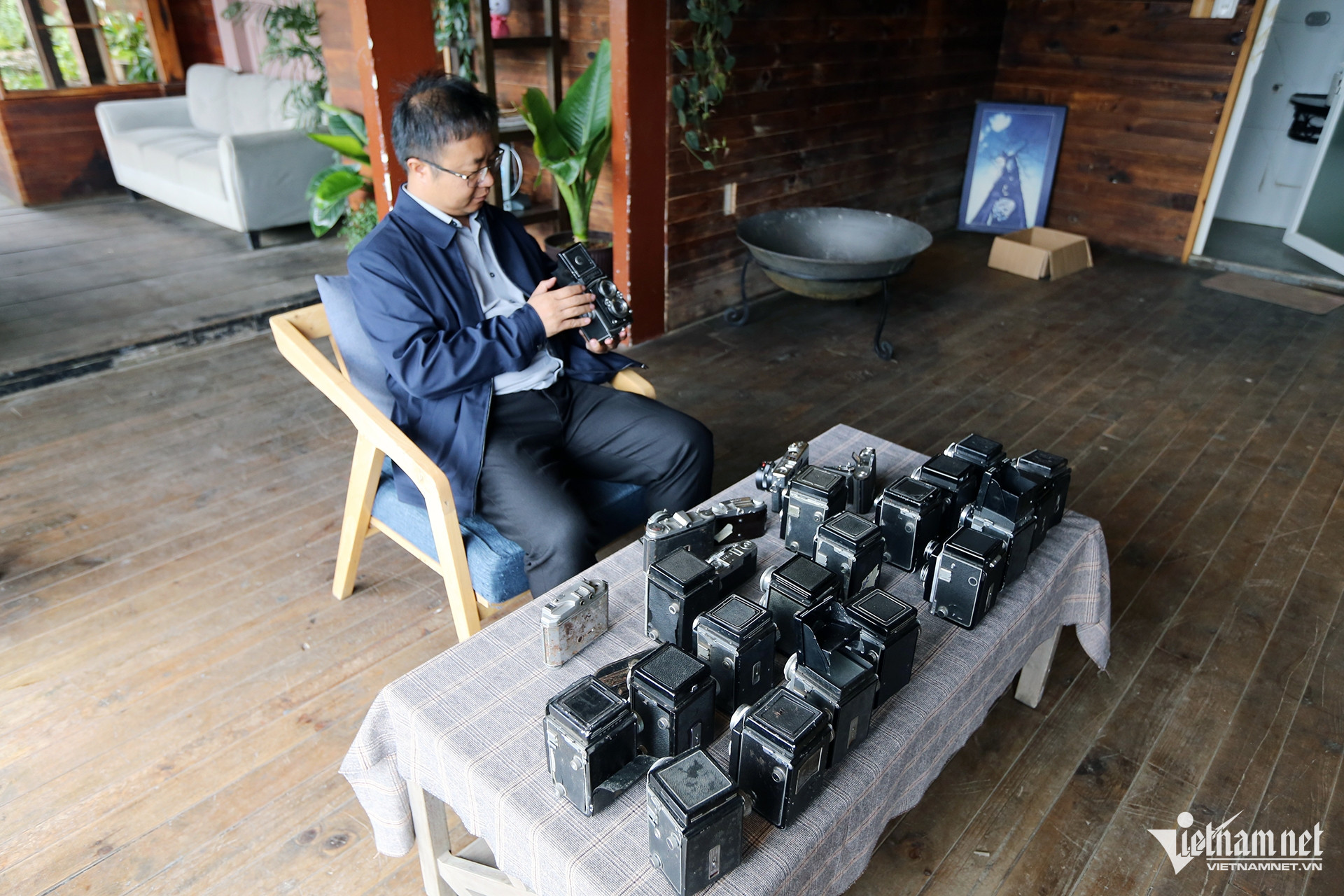

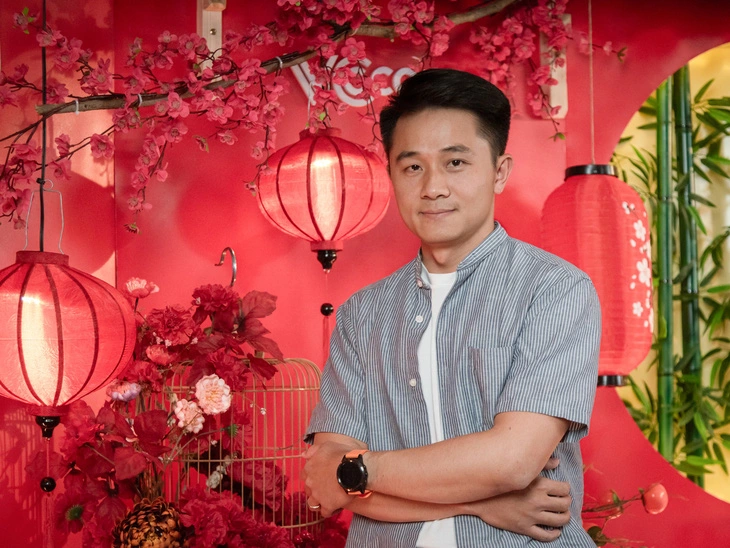

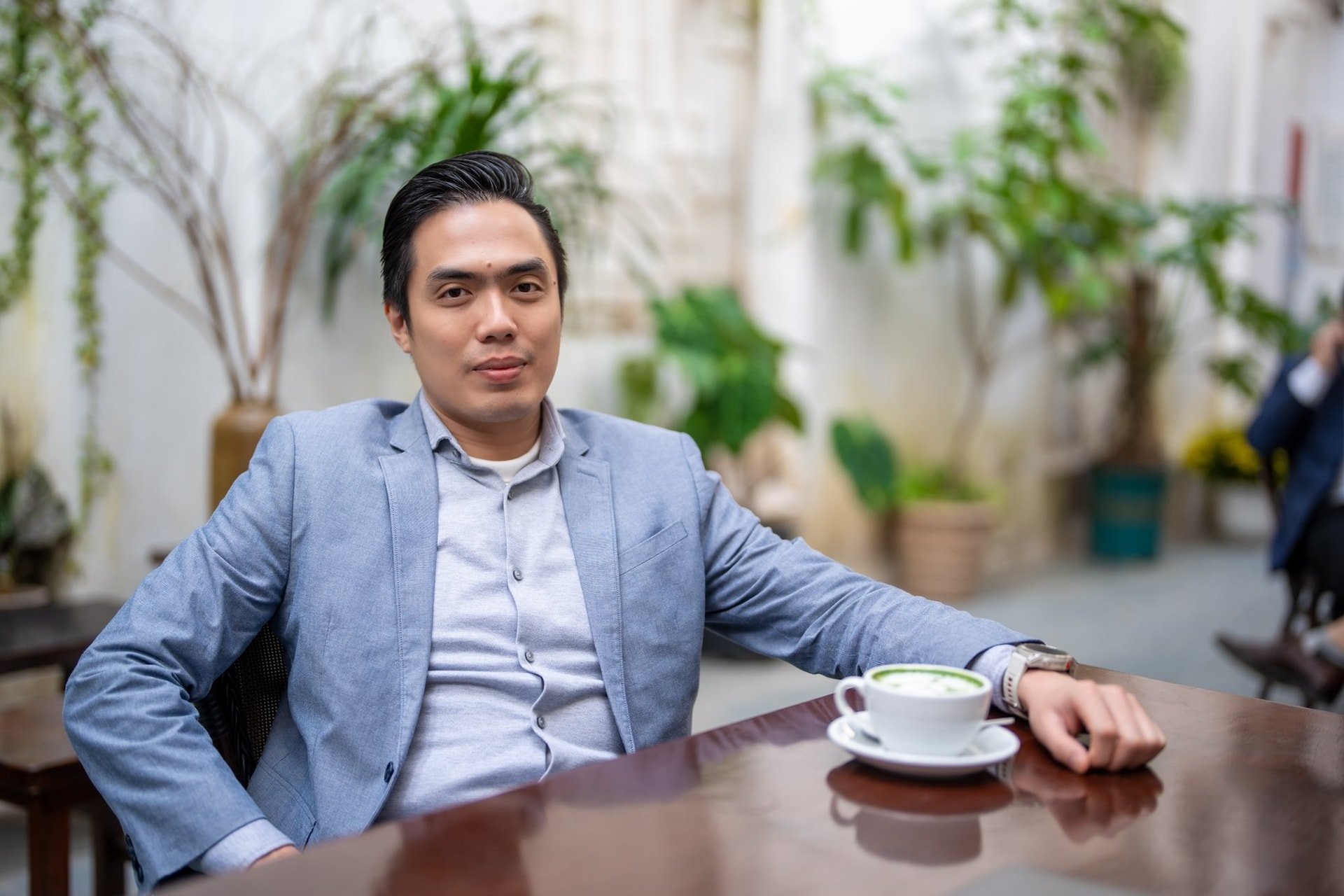

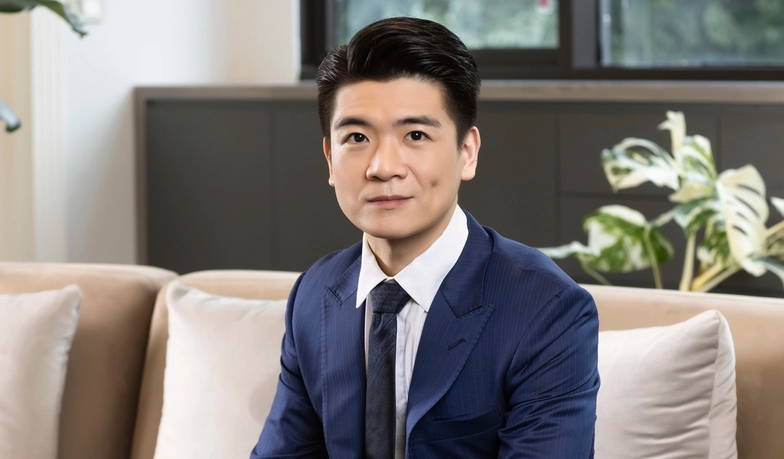

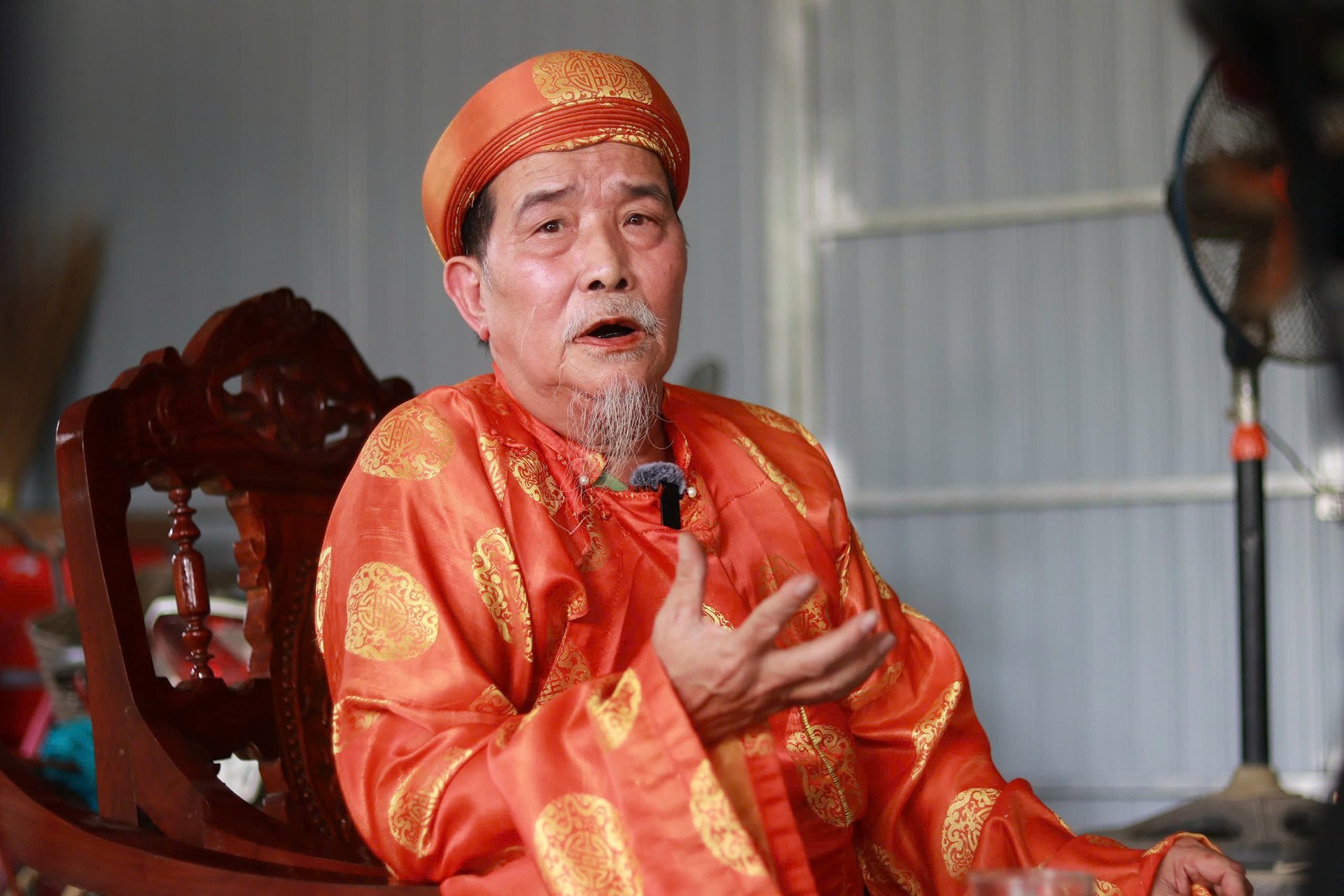
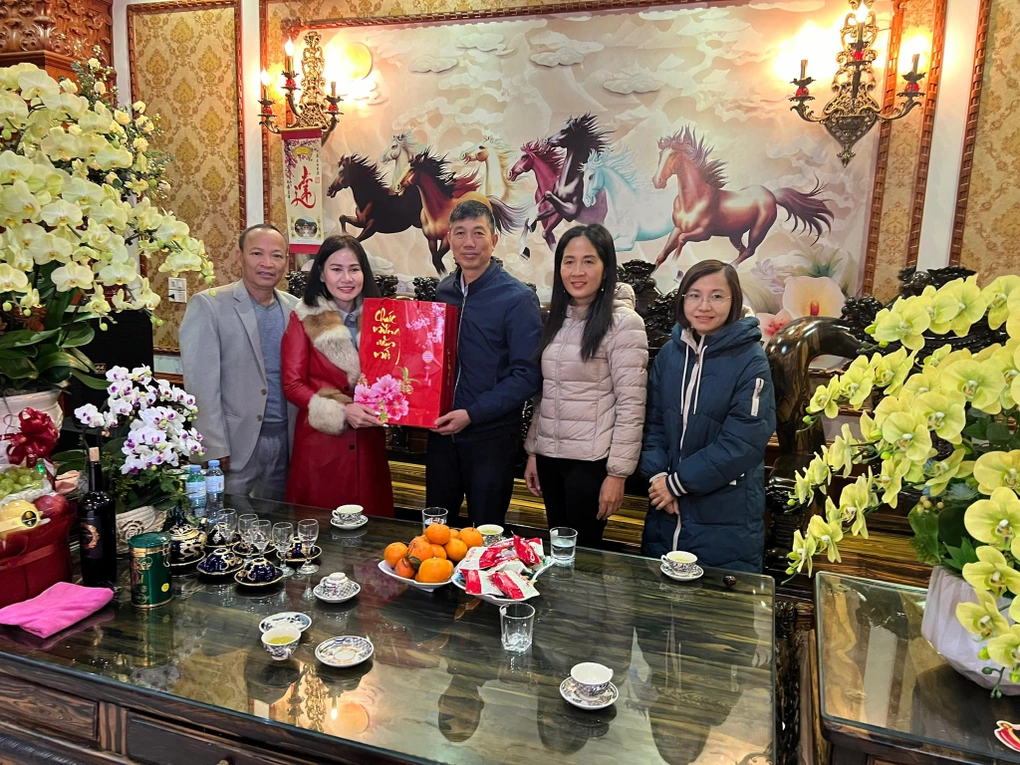





Comment (0)